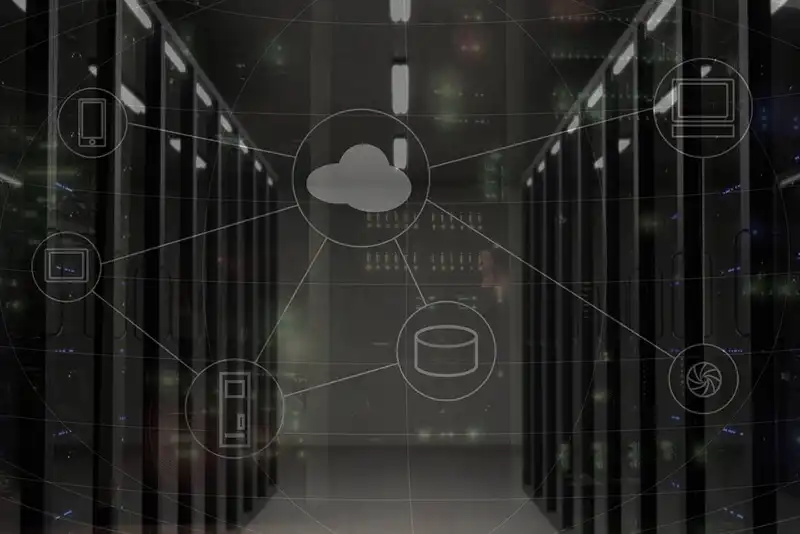Is Cloud Storage Safe & How Does It Work?
Cloud storage is becoming the favored method among individuals and companies to store their personal and professional data. While these new technologies provide us with benefits such as ease of accessibility and affordability, there are still concerns over whether cloud storage systems are safe to use in terms of their reliability and security levels.
What is Cloud Storage?

Finding a secure way to store large volumes of files and data can be challenging. Though the traditional means of storing data has been focused on investing in large capacity hard drives or external storage, cloud storage has become a preferred choice by most organizations today.
This term refers to saving data to an off-site storage system that is being maintained by a third-party provider. Rather than saving the information to a localized storage device, it is saved to a remote database managed by the provider. The connection to the database is provided by an internet connection.
One of the main benefits of cloud storage is the lack of physical storage devices and affordability. Cloud storage also provides elasticity, scalability, multi-usage, and metered resources for users. Additionally, the files are replicated in the cases of lost data, computer crashes, and other disaster recovery scenarios.
Businesses using cloud storage will experience the ease of accessing, sharing, and securing their sensitive information, which is why so many organizations are now turning to this platform as their choice for data management.
The Types of Cloud Storage

The four most commonly used cloud storage types are personal, private, public, and hybrid cloud storage.
- Personal
The user has ownership over the device and controls the storage functions, accessing the files and moving, duplicating, deleting them, etc. whenever the internet is being used. This can also be called a personal cloud drive.
- Private
This is more commonly used by organizations that want to scale their cloud storage and have flexibility while being under the control and management of the company that owns the storage facility. This is also used when organizations are looking for more security in storage systems, over what a public cloud system can offer.
- Public
- Hybrid
The two approaches are combined due to the need of balancing the functions of elasticity, scalability, and cost-efficiency (in terms of using cloud storage in addition to a data center, so that the data center does not get too costly, for example).
Cloud Storage Security Concerns

When considering using cloud storage, there are two key concerns that arise for organizations - how reliable the access will be and how secure the data is to prevent unauthorized access.
Data Security
Cloud storage systems use various techniques to secure data, which includes encryption - the process of coding information using an algorithm. Most hackers are not able to decrypt this kind of information effectively, finding difficulty in hacking encryption keys. Authentication is also a method used to secure data, which involves inputting a name, password, keycode, or another form of identification.
Additionally, authorization processes are where the user lists others who will have permission to access the stored information. Large corporations will have many authorization levels, from limited access to data to extensive access, depending on the role.
However, protective measures like these are not failsafe. There is still a possibility of having a security compromise, even if the risk is low. Hackers could find a virtual back door or steal physical data machines. Past employees could also alter or damage data using their authentications. This is why a lot of capital is invested by the storage company to secure data.
Company Reliability
The concern of reliability is also present, as unstable cloud storages are a liability for an organization. Companies that are financially unstable are not trustworthy data storage resources, as well as those who have a history of errors in uploading data and giving the owners access. There is always a possibility that systems could crash, even when storage companies use redundancy techniques to address reliability concerns.
Cloud providers generally also provide storage backups in additional locations for security measures. Most systems will also provide emergency power to data centers, in addition to smoke detectors, fire responses, and internally protected security systems.

Entrusting data to any external source is not without its risks, though many companies focus on securing data in order to prevent the risk of it being compromised. When choosing from the many cloud storage services, businesses should go with a source that has a reputation of being reliable and secure, and consider which information they feel comfortable storing on the cloud.






